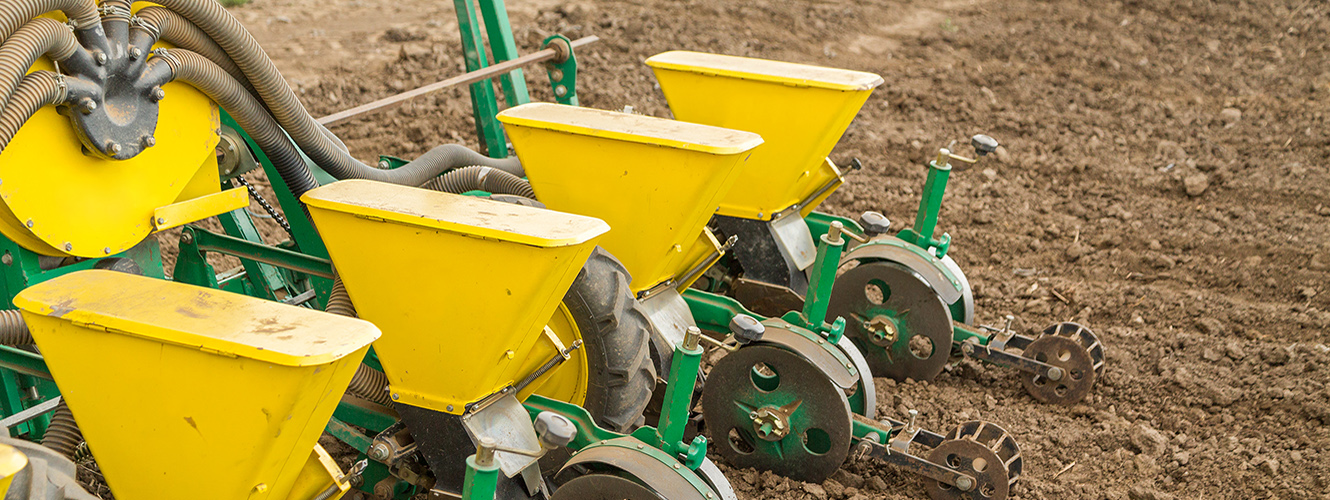
Soil is once again being put under the spotlight as Fisher German experts take an in-depth look at how to analyse its quality. Scientists and environmental experts predict that there could be as little as 30 to 100 harvests left in the UK soils unless action is taken. Ian McKenzie and Robert Knight, both from our rural team, have explored what can be done to reverse or improve these predictions, what it could cost and the potential returns, as part of an in-depth analysis featured in the July/August edition of the RICS Land Journal.
Soil as an asset has been overlooked, but Fisher German has long been leading the way on highlighting its value. Our soils matrix, developed in partnership with agronomists Indigro, can accurately measure the quality of soil, taking into consideration factors including soil classification, drainage, VSA (visual soil analysis), PH status, phosphate indices, potassium and magnesium levels, organic matter and weed burden.
We measure and benchmark the score based on the matrix before applying calculations to demonstrate what it would cost to improve the soil over time. This might be what it would cost to rectify a change between two scores over time by using methods such as increasing the soil’s percentage of organic matter, or to set a theoretical optimum level for a certain soil that could be attained through management and the cost to achieve this. Ian said: “Soil quality is hugely important, and just a small improvement can help achieve higher yields, improve drainage and make it easier to work and manage. Expert predictions anticipate that we have just 30 to 100 harvests left, which demonstrates that the way we are managing soils is not sustainable.
As BPS (Basic Payment Scheme) grants are phased out between now and 2027, many farm businesses will realise that they are not viable without the farming subsidy. With the Agricultural Bill promising to incentivise farmers and landowners to do more protect the soil, it will force all farming businesses to look at soils to maximise opportunity to receive future government grants. Our expertise is helping farmers enhance their soil and make it more versatile for the future. If a farmer wanted to improve the soils matrix score towards its optimum level, we could show how much money it would take and what techniques could be used to do that.”
Robert added that soils could also play a part in carbon sequestration. “As the world asks us to work on ways to sequestrate carbon, soils could provide part of that answer,” he said. “There is a huge amount of carbon in soils, and adding more could benefit its quality and improve yields. A large amount of carbon could be sequestrated relatively quickly, and it’s something that we at Fisher German believe could be implemented though government policy as it looks to tackle climate change.”
To view the RICS Land Journal article, see pages 15 to 17 of the journal here





